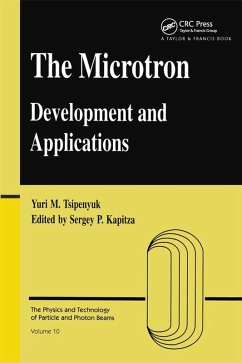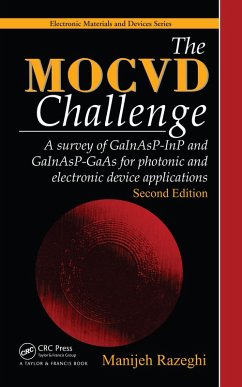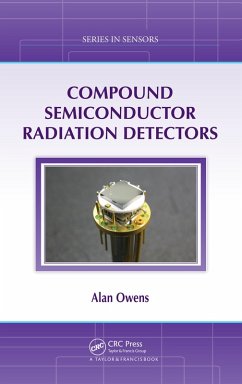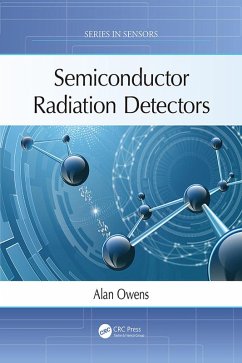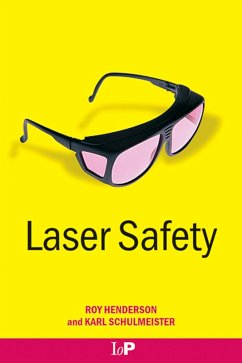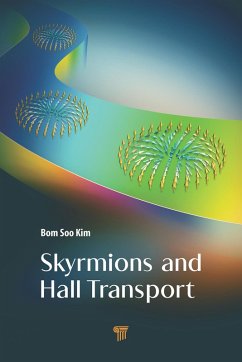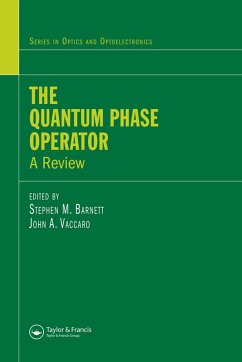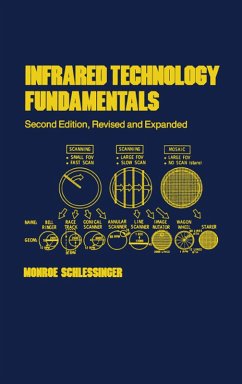
Quantum Mechanics of Charged Particle Beam Optics (eBook, PDF)
Understanding Devices from Electron Microscopes to Particle Accelerators
Versandkostenfrei!
Sofort per Download lieferbar
48,95 €
inkl. MwSt.
Weitere Ausgaben:

PAYBACK Punkte
24 °P sammeln!
Classical Charged Particle Beam Optics used in the design and operation of all present-day charged particle beam devices, from low energy electron microscopes to high energy particle accelerators, is entirely based on classical mechanics. A question of curiosity is: How is classical charged particle beam optics so successful in practice though the particles of the beam, like electrons, are quantum mechanical? Quantum Mechanics of Charged Particle Beam Optics answers this question with a comprehensive formulation of 'Quantum Charged Particle Beam Optics' applicable to any charged particle beam ...
Classical Charged Particle Beam Optics used in the design and operation of all present-day charged particle beam devices, from low energy electron microscopes to high energy particle accelerators, is entirely based on classical mechanics. A question of curiosity is: How is classical charged particle beam optics so successful in practice though the particles of the beam, like electrons, are quantum mechanical? Quantum Mechanics of Charged Particle Beam Optics answers this question with a comprehensive formulation of 'Quantum Charged Particle Beam Optics' applicable to any charged particle beam device.
Dieser Download kann aus rechtlichen Gründen nur mit Rechnungsadresse in A, B, BG, CY, CZ, D, DK, EW, E, FIN, F, GR, HR, H, IRL, I, LT, L, LR, M, NL, PL, P, R, S, SLO, SK ausgeliefert werden.





